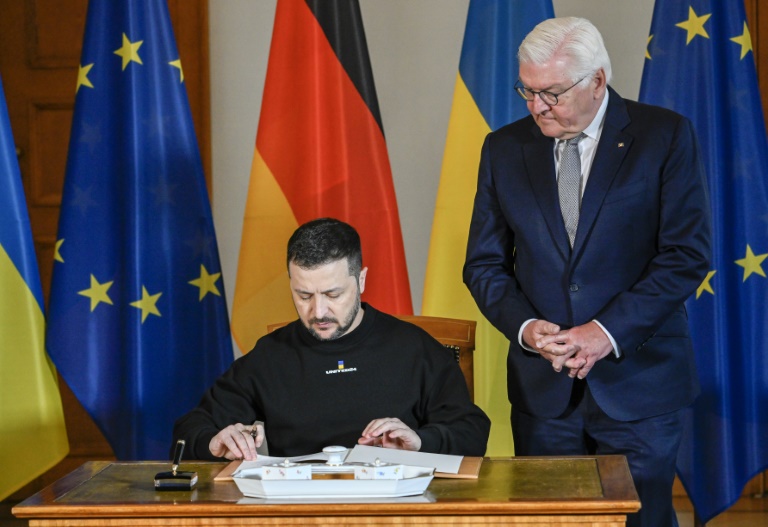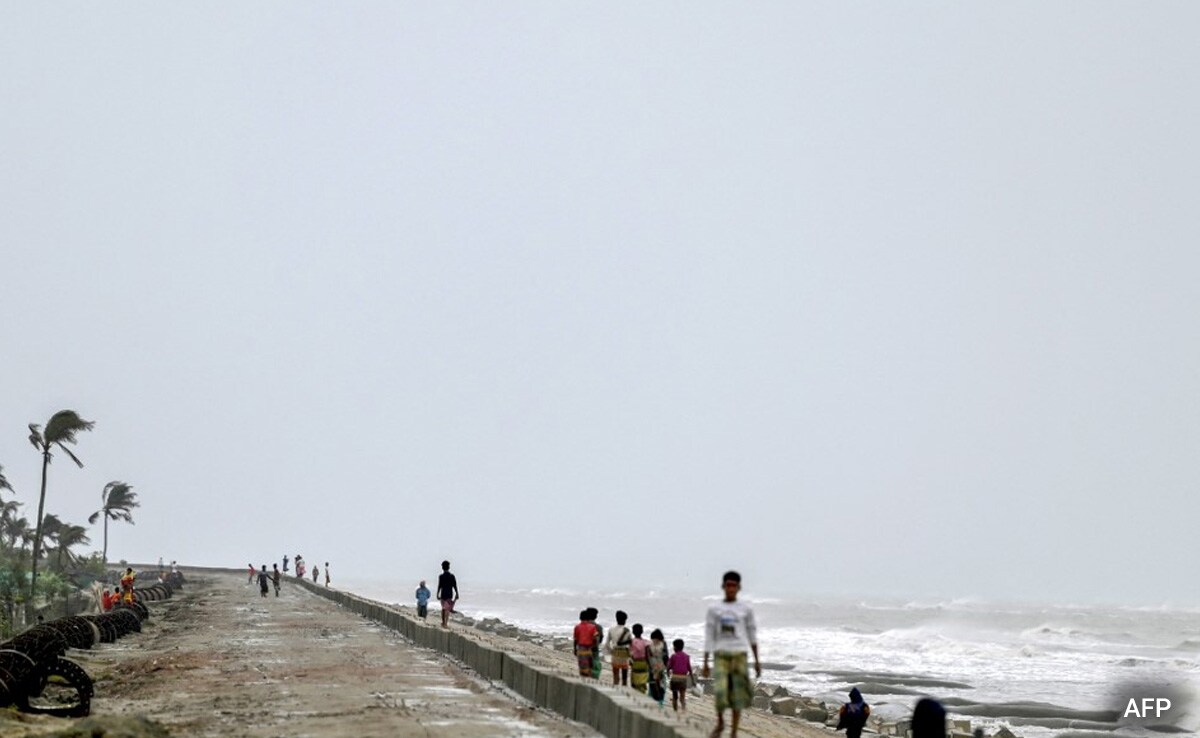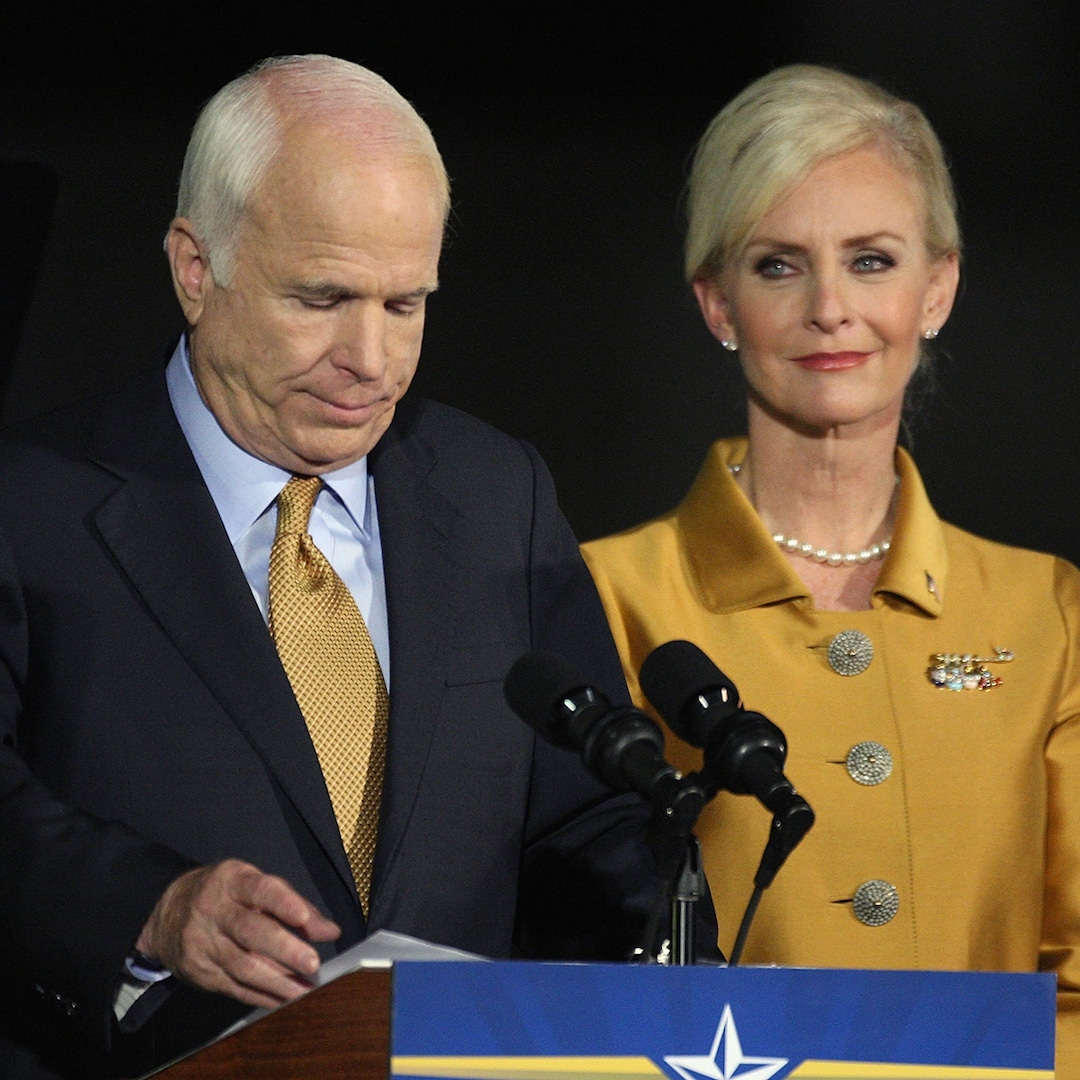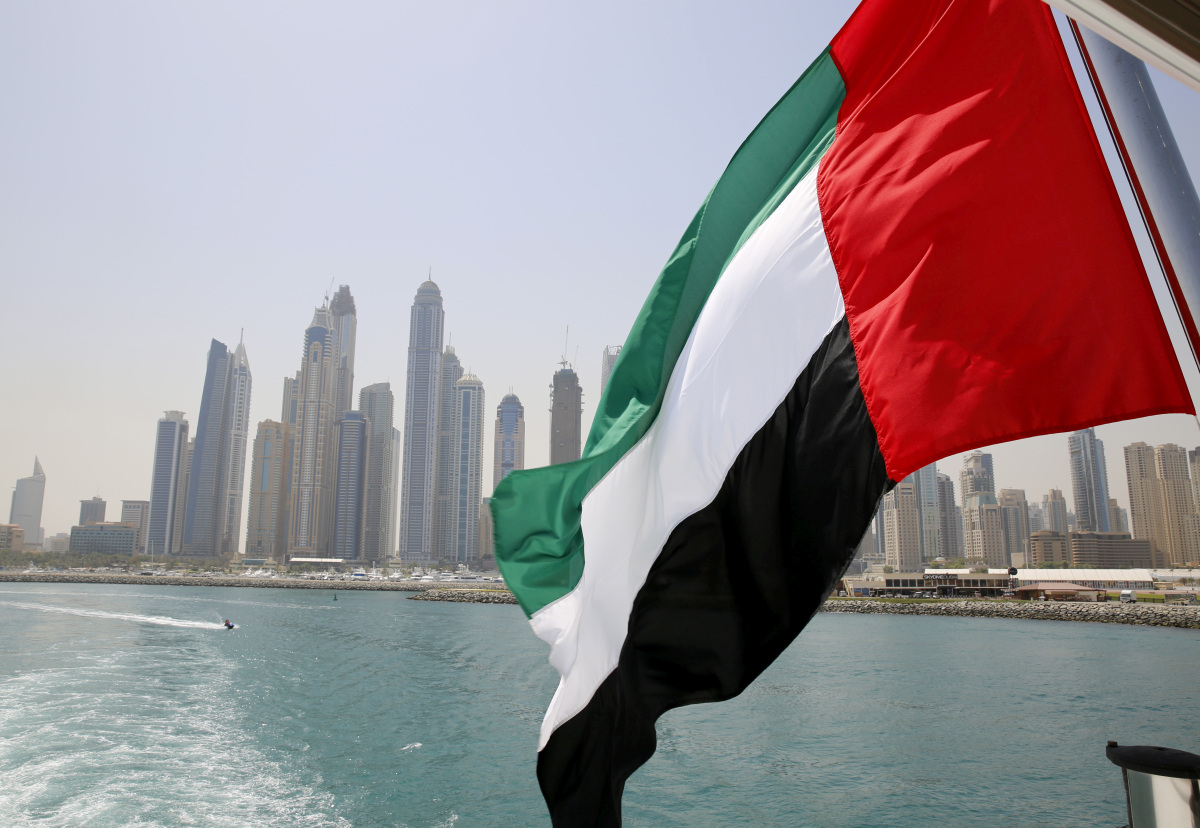AFP
Ukraine’s President Volodymyr Zelensky held talks Sunday with his German counterpart at the start of his first visit to Germany since Russia’s invasion, with Berlin offering emphatic support in the form of a huge new military package.
“Already in Berlin,” Zelensky wrote on Twitter. “Weapons. Powerful package. Air defense. Reconstruction. EU. NATO. Security.”
Zelensky’s trip comes as Kyiv is preparing a much-anticipated counter-offensive and follows a day of meetings in Rome with Italian leaders and Pope Francis.
Ukrainian forces have been training a new contingent of forces and stockpiling Western-supplied munitions and hardware that analysts say will be key to reclaiming territory captured by Russia.
Once accused of reticence in supplying military gear to Ukraine, Germany has since become a major contributor of tanks, rockets and anti-missile systems.
Zelensky was greeted by President Frank-Walter Steinmeier at the Bellevue Palace where he signed the guestbook before the pair headed into talks.
The Ukrainian leader’s schedule for Germany has not yet been officially confirmed but he is expected to meet Chancellor Olaf Scholz later Sunday.
He may also head to the western German city of Aachen, which this year is awarding him and the Ukrainian people the Charlemagne prize — an honour awarded for efforts to foster European unity.
Bild daily said Zelensky’s flight to Aachen on a German government plane would be secured by the air force.
Scholz, European Commission President Ursula von der Leyen and Polish Prime Minister Mateusz Morawiecki are due to attend the ceremony in Aachen.
A meeting with the European leaders could help prepare the ground ahead of an EU summit in Reykjavik next Tuesday, followed by the G7 gathering of world leaders in Hiroshima, Japan.
Zelensky’s visit rounds off over a year of choppy relations with Germany, which is now one of Ukraine’s biggest armaments suppliers, but only after much pressure from Kyiv.
In a clear show of its backing for Kyiv, Berlin on Saturday said it would send Ukraine more firing units and launchers for the Iris-T anti-missile system, 30 additional Leopard 1 tanks, more than 100 armoured combat vehicles and over 200 surveillance drones.
“We all hope for a rapid end to this terrible war by Russia against the Ukrainian people, but unfortunately this is not in sight,” Defence Minister Boris Pistorius said in a statement.
“This is why Germany will supply all the help that it can, for as long as necessary,” he said.
Mykhaylo Podolyak, an adviser to Zelensky, hailed the announcement, saying it indicated that Russia was “bound to lose and sit on the bench of historical shame”.
Early on in the conflict, Kyiv had accused Germany of being too accommodating to Russian President Vladimir Putin, while Berlin’s reliance on Russian energy had proved tricky.
Kyiv had also snubbed a visit by Steinmeier in the weeks following the invasion, which in turn delayed Scholz’s first trip to the war-torn country.
Both Steinmeier and Scholz have since visited Ukraine.
As Kyiv prepares its offensive to retake ground in the eastern Donetsk and Lugansk regions, as well as the Kherson and Zaporizhzhia regions in the south, Germany’s continued military backing will likely prove vital.
High-tech German-made Leopard 2A6 tanks sought by Kyiv have already been put to use at the frontlines, Bundeswehr chief Carsten Breuer had confirmed during his recent trip to Ukraine.
The medium-range Iris-T missile defence system from Germany is also helping to bolster Ukraine’s protection against Russian strikes, Kyiv has said.
On the front line, near the eastern flashpoint town of Bakhmut, both sides claimed to be making progress.
“Our soldiers are moving forward in some areas of the front, and the enemy is losing equipment and manpower,” commander of the Ukrainian ground forces Oleksandr Syrskyi said on social media.
Russia said its forces were still pushing inside Bakhmut.
“In the Donetsk direction, assault detachments liberated a block in the northwestern part of the city of Artemovsk,” the defence ministry said, referring to Bakhmut by its Russian name.
Western allies have delivered increasingly powerful weapons to Ukraine. Britain this week announced it was sending Storm Shadow missiles, becoming the first country to send longer-range arms to Kyiv.
Russia described it as “an extremely hostile step” and on Saturday accused Kyiv of using the British missiles to target civilian sites in eastern Ukraine, and wounding six children.
In Rome, Zelensky said he discussed with Pope Francis the fate of “tens of thousands of children” that Kyiv says were deported to Russia, as well as his plans for peace.
Zelensky also thanked Italy’s Prime Minister Giorgia Meloni “for helping to save lives”.
“I am convinced that Ukraine will win and be reborn stronger, more proud and more prosperous than before,” said Meloni in response.
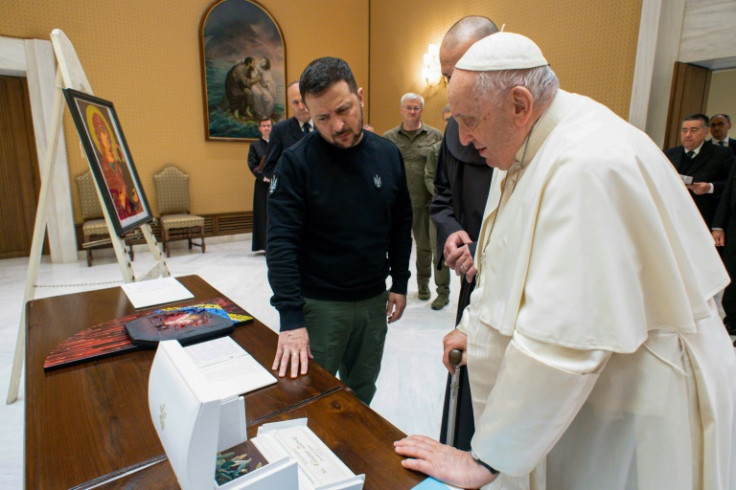
AFP
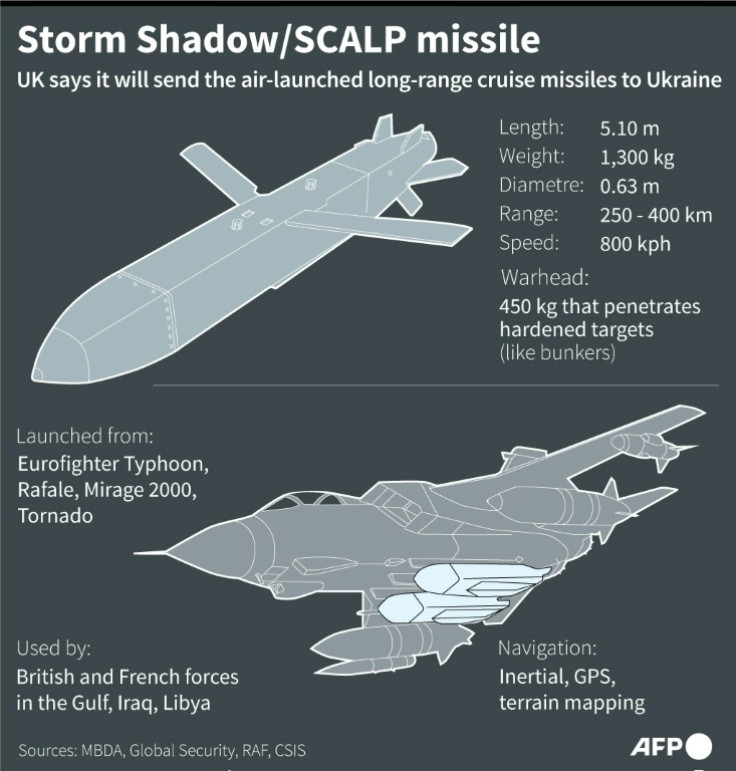
AFP

